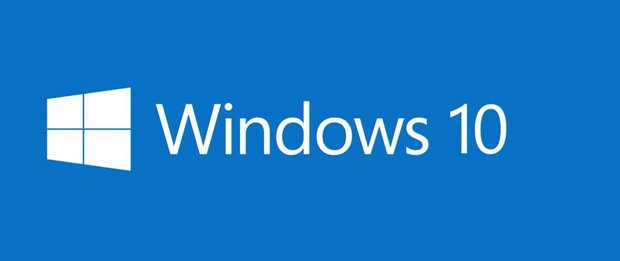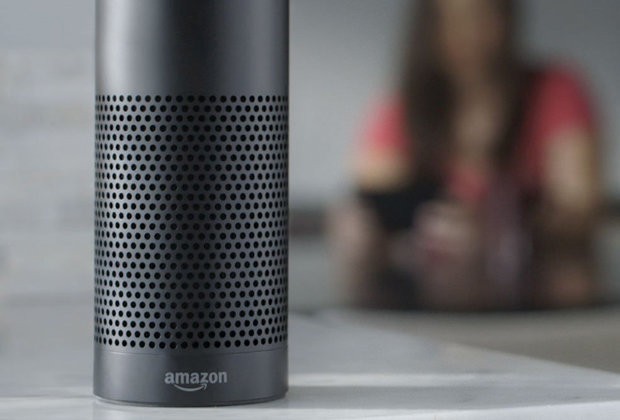MICROSOFT
UPDATE: Windows 10 could be about to get a fancy new feature
2016 has been the year of the smart speaker.
Amazon launched its internet connected Echo earlier this year and Google is joining the party with its Home speaker which should arrive in the UK next year.
Now it seems Microsoft wants to put its hat in the ring by working its own voice-guided music system.
Sources within Microsoft claim the US tech giant is working on a Home Hub software feature that will turn supporting PCs into rivals for the Amazon Echo and Google Home.
Home Hub would create a login-free desktop that shares resources between family members, including shopping lists and reminders.
 WINDOWS
WINDOWS
Microsoft already has its own virtual assistant, called Cortana, which ships with Windows 10.
And this new software would also help Windows 10 users sync and control connected home devices with voice commands to the assistant.
Home Hub friendly machines would be able to recognise voice commands from a much greater distance than most standard laptops or desktop computers.
According to sources speaking with Windows Central, the Home Hub system could also integrate light and motion sensors to ensure the PC wakes up whenever someone enters the room.
Provided the leak is accurate, it would be an interesting way for Microsoft to enter the market.
 AMAZON
AMAZON
Microsoft is said to be asking manufacturers including HP and Lenovo to create Home Hub-optimised desktop machines ready to ship in late 2017.
The Home Hub functionality is expected to appear via a number of software updates to Windows 10, scheduled throughout 2017.
The blockbuster updates, codenamed RedStone 2, RedStone 3 and RedStone 4, will be pushed-out over the course of the year.
Microsoft is already rolling-out early test builds of RedStone 2 to Windows Insiders.
The beta versions have hinted at some new features coming to the operating system, including a new Windows Update icon, the ability to tweak the default range of Active Hours, and a feature that permanently hides the App list housed in the Start Menu.
Whereas the latest products from Google and Amazon require customers to buy separate hardware, Microsoft might theoretically bring the same functionality to your home with a free software upgrade.
That will likely be a very compelling proposition for consumers.